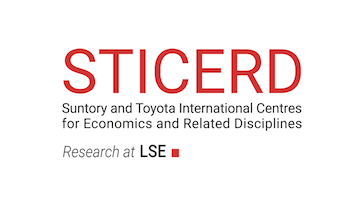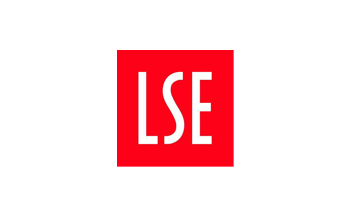The rapid spread of mobile phones in developing countries, coupled with recent advances in our ability to analyze big data through tools such as machine learning and artificial intelligence, has generated considerable excitement about the potential of ICT for development. How does the reality of ICT use for development stack up to this excitement? And, which institutional arrangements best promote the use of ICT for development? Michael Kremer begins to answer these questions by examining the case of mobile-phone enabled agricultural extension for smallholder farmers.
Recent changes in technology have made it possible to disseminate personalized agricultural information to smallholder farmers via their mobile-phones. In this lecture, Kremer explores the rapidly accumulating evidence on the impact of mobile-phone based agricultural extension. There appear to be at least some settings where farmers change their behavior and increase their yields in response to advice delivered via their mobile phones. Preliminary evidence suggests this may be highly-cost effective. However, due to market failures and asymmetric information private markets will typically undersupply this public good.
Governments tend to fail as well due to design flaws that make their solutions difficult for farmers to understand. Kremer discusses potential hybrid solutions that incorporate elements of both private and public provision and argues that zero (or negative) pricing for such services is likely optimal. Finally, the lecture ends with a speculative vision of a “Netflix for Agriculture” in which farmers would provide information, knowing that this would allow the system to make better recommendations for them, and this would in turn improve the performance of the system in offering recommendations to other farmers.






